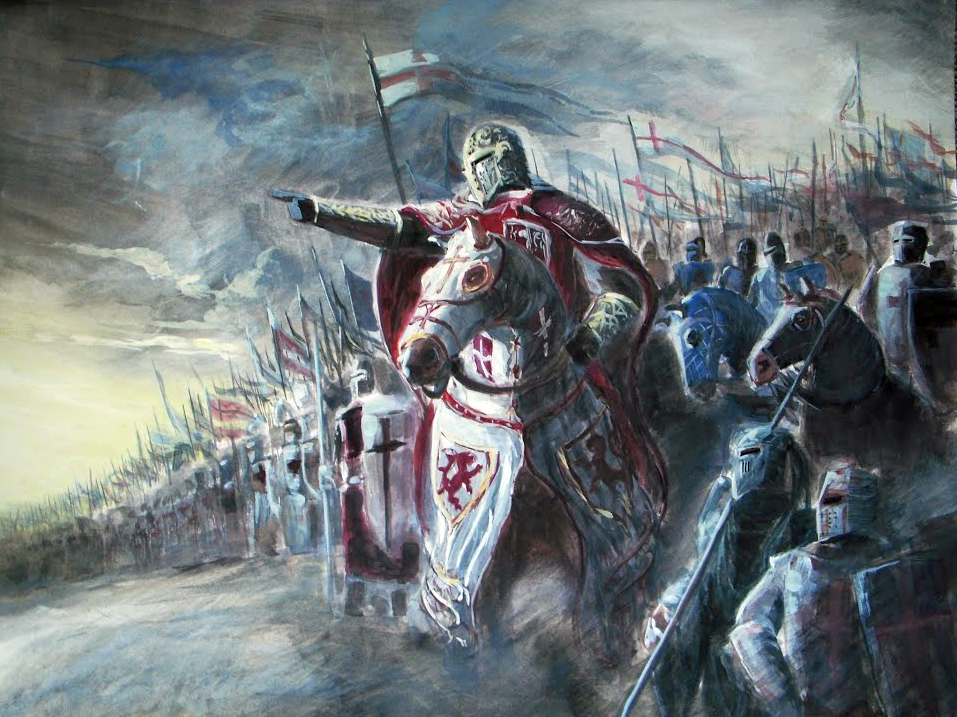…and not a caricature of what normally think a smart person is (sortof like Colbert used to play a caricature of what liberals *thought* conservative commentators believed, when parodying what they actually did would have been both more honest and funnier).Eric Raymond was encouraged to view a clip of the Big Bang Theory, [and wasn’t impressed]
Bleagh. This is supposed to be a show about geniuses? It’s not. It’s a show about a dimwit’s idea of what bright people are like. The slowest person in my peer group could out-think and out-create any of these sad-sack imitations of “smart” on any day of the week.
These actors are not bright, and don’t know how to fake it on screen.
Eric, being Eric, wouldn’t let something like that slide without at least providing some guidance.
Here goes a list of bright-person behavior signals which, while not universal, are very common…
Bright people have very precise diction and tend to self-assimilate to educated speech norms even if their formal education is minimal. Enunciate as crisply as you can. If the character is designed to have a regional or lower-class accent, dial it down a little. [UPDATE: I may have overgeneralized a bit here. Strongly true of STEM geeks, but maybe not as reliably of other kinds of brights.]
Bright people concentrate. Their casual attention to a task or person is as intense as most peoples’ full attention. So fixate on those targets – not to the point of being glassy-eyed about it, but to the point where stillness and attention dominate your body language.
Bright people spend a larger fraction of their time in an ‘on’ state of mental alertness or conscious thought than non-brights do. This has consequences in visual saccades that are easy to see – with a little practice, you can grade people by intelligence in bank or movie-theater lines by watching eye movements. Look for relatively little time spent in a defocused, half-asleep state – or, conversely, lots of time when the eyes are tracking or making motions indicative of either imaginative activity or memory retrieval. Thus, when you play a bright person, always be looking at something.
That sounds about right. I’m self-aware of the focus thing, though at first it had to be brought to my attention. I also know that when recalling I usually look at something fairly static or close my eyes so I can “scan” the information. When it came to things like power plant systems interactions it made visualizing the systems and their relationships in my head easier, almost like an overlay. After one qualification interview one of the board members joked that I must have had the answers tattooed under my eyelids because I’d close my eyes for a couple seconds and then, after reopening them, spout off the answer in almost perfect from-the-book verbiage.
Incidentally, this wasn’t photographic memory. I had a knack for applying the correct language patterns to describe an abstract concept I understood. Computerese for computer issues, Navy Nuke-speak for technical plant issues, etc. – my memory for lists of things things like safety setpoints or common values for network ports is actually pretty crappy if not continuously reinforced or refreshed.
Editor’s Note: I moved the note down to the bottom, since Last Redoubt’s first line of the article was a continuation of the title. I did not want to lose that continuity.









